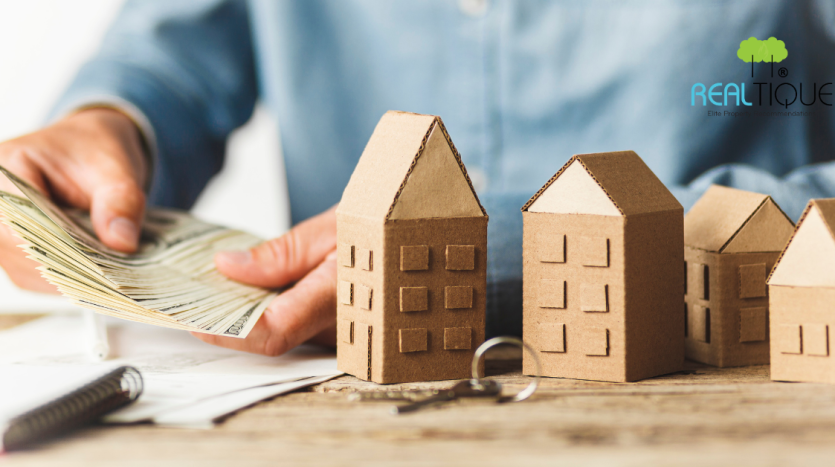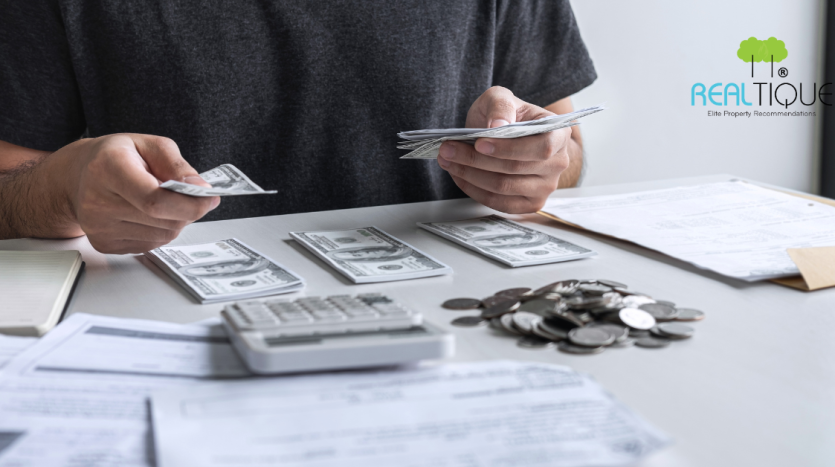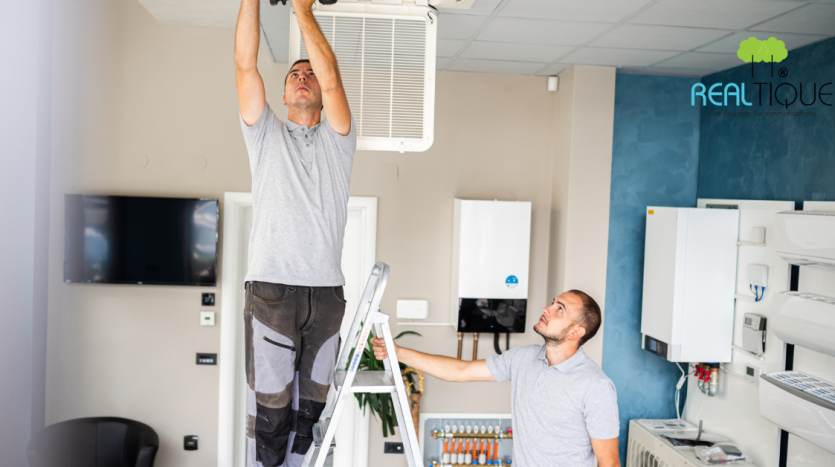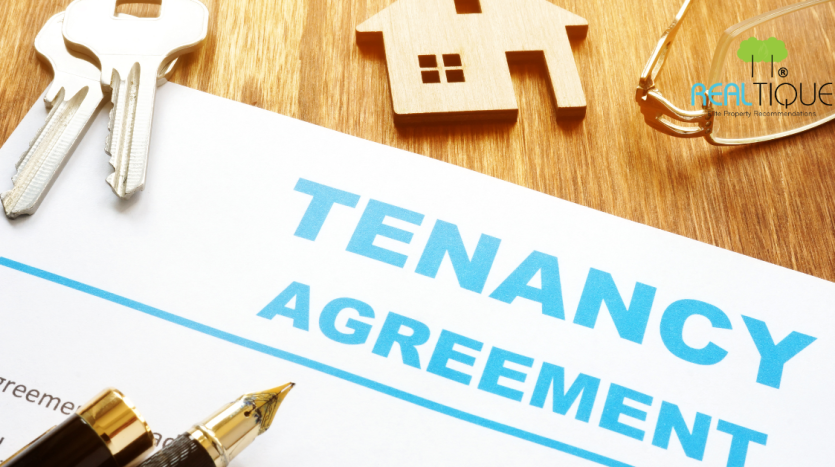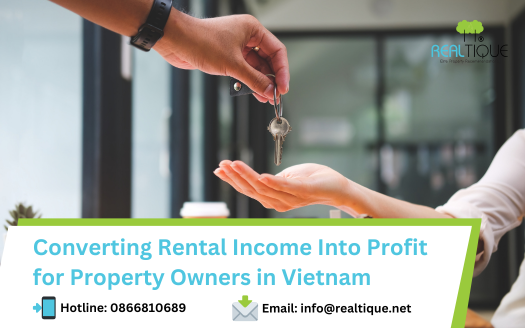Converting Rental Income into Profit: A Guide for Property Owners in Vietnam
Converting Rental Income Into Profit: a Guide for Property Owners in Vietnam
As a property owner in Vietnam, you understand the complexities of managing rental income efficiently. Have you ever wondered how to strategically turn this income into profit?
Exploring avenues to optimize your rental property venture can lead to significant financial gains. From setting competitive rent prices to leveraging technology for property management, each step plays a crucial role in enhancing your returns.
With more than 11 years of experience under my belt as a realtor in Vietnam, let’s uncover the key strategies that can help you navigate the nuances of property ownership and transform your rental income into a lucrative investment.
Setting Competitive Rent Prices
When setting competitive rent prices for your property in Vietnam, ensure you conduct thorough market research to accurately gauge demand and pricing trends. Start by analyzing similar properties in your building (like what the rental be like for other units facing other view, other layouts…) to understand the current market rates. Take into consideration factors such as furnishing, high or low floor, view facing water feature or open space or other buildings and overall condition of your property. By comparing your property to others, you can determine a competitive price that attracts tenants while maximizing your rental income.
Additionally, consider the economic trends and growth potential of the area where your property is located. A booming neighborhood with increasing demand may allow you to set slightly higher rent prices, especially if it is close by international schools, office or a place where a lot of foreigners or wealthy locals work. On the other hand, if the market is saturated or experiencing a downturn, you might need to adjust your prices accordingly to remain competitive. Sometimes, it’s better to gain less than 10-20% to get through the downturn than leave the property unoccupied for years. An unoccupied property can later result in inconvenient experience of cleaning, defects and odor… making it very difficult to rent at any price.
Effective Expense Management
To effectively manage expenses related to your rental property in Vietnam, start by creating a detailed budget outlining all costs and income streams. This budget should include expenses such as property taxes, maintenance fees, utilities, insurance, agent fee and any other recurring costs. By having a clear overview of your expenses, you can identify areas where you might be overspending and find ways to cut costs without compromising on the quality of your property.
Consider exploring different agencies and service providers to see if you can get better deals or discounts on essential services. Regularly reviewing and renegotiating contracts can help you save money in the long run. Additionally, staying proactive with maintenance and addressing any issues promptly can prevent small problems from turning into costly repairs down the line.
Keeping thorough and organized financial records is crucial for effective expense management. Use accounting software or hire a professional to help you track your income and expenses accurately. By staying on top of your finances and making informed decisions, you can maximize your profit potential as a property owner in Vietnam.
Attracting Quality Tenants
Considering the effective expense management strategies you’ve implemented for your rental property in Vietnam, attracting quality tenants plays a crucial role in maximizing your investment returns. To attract quality tenants, start by ensuring that your property is well-maintained and in good condition. Conduct regular inspections and promptly address any maintenance issues that may arise. If you are a foreigner, not in Vietnam, finding a decent and reliable property manager/agent is crucial. Additionally, consider offering attractive rental terms, such as reasonable rent prices and flexible lease options.
Marketing your rental property effectively is also key to attracting quality tenants. Utilize online platforms and social media to reach a wider audience of potential renters. Highlight the unique features of your property and showcase its appeal through high-quality photos and detailed descriptions. Working with reputable real estate agents can also help you connect with qualified tenants who are looking for a property like yours.
At Realtique, we found that furnishing property would probably cost around 6000-8000 USD/unit, but we calculated that the furniture could last for 10 years, and we could make that money back in 2 years, while making 300 USD/month more so landlords can decide what makes more sense for them, or we can help you navigate this. You can email, call or Whatsapp us to get some help from us.
Lastly, screening potential tenants thoroughly is essential to ensure that you select reliable individuals who’ll take good care of your property and pay rent on time. Conduct background and credit checks, as well as verify employment and rental history to make informed decisions when choosing tenants. By attracting quality tenants, you can increase the profitability of your rental property and create a positive and sustainable rental experience. My experience tells me renting to tenants who are too young often not end up very well. Age is important as it tells tenants are experience, stable in life and income and have leased many times before.
Property Maintenance Best Practices
Implementing regular property maintenance practices is essential for preserving the value and functionality of your rental property in Vietnam. By staying proactive and addressing maintenance issues promptly, you can prevent small problems from escalating into costly repairs. Contractors in Vietnam don’t cost much, but finding reliable ones can be time-consuming. Best practice is to have them recommended by your agents or tenants so at least you have a source to vet.
Conducting routine inspections to identify any issues such as leaks, electrical problems, or structural wear and tear is crucial. Additionally, ensuring that the property is well-maintained can enhance its curb appeal and attract quality tenants.
Regularly servicing essential systems like HVAC, plumbing, and electrical can’t only prolong their lifespan but also help prevent unexpected breakdowns. It’s also advisable to keep detailed records of all maintenance activities, including dates, costs, and contractors involved. This documentation can be valuable for tracking expenses and demonstrating to tenants that the property is well-cared for.
Leveraging Technology for Property Management
By integrating modern technology tools, you can streamline property management tasks and enhance efficiency as a property owner in Vietnam. Utilizing property management software can help you automate rent collection, track expenses, and generate financial reports seamlessly.
Online platforms like Airbnb or Booking.com enable you to reach a broader audience and manage bookings efficiently, but this only works for short-term lease. For long-term lease, installing smart home devices such as smart locks or security cameras can enhance security and provide remote access for monitoring your property.
Leveraging social media and online marketing tools can help you promote your rental property effectively and attract potential tenants. Embracing digital communication channels like email or messaging apps can facilitate quick and convenient communication with tenants, addressing their concerns promptly.
Regularly updating your property listings on real estate websites can ensure maximum visibility and attract more tenants. By embracing technology, you can optimize property management processes, save time, and ultimately increase your rental income in Vietnam.
Understanding Rental Laws and Regulations
As a property owner in Vietnam leveraging technology for property management, it’s essential to understand the rental laws and regulations governing your rental property. Familiarize yourself with the Land Law, Housing Law, and Civil Code, which outline the rights and obligations of landlords and tenants. These laws cover aspects such as lease agreements, rent payment terms, and property maintenance responsibilities. Additionally, be aware of the need to register your rental property with the local authorities to comply with regulations.
The tax involving with the rent that the landlords have to pay it 5% of the rent for Personal Income Tax and 5% of the rent for Value Added Tax. That makes the total of 10% of top of the net rent you receive.
Vietnam’s rental laws also dictate the maximum security deposit amount that can be collected and the procedures for handling disputes between landlords and tenants. Understanding these regulations can help you navigate legal issues smoothly and protect your interests as a property owner. In Hanoi, common practice for security deposit will be 1 month rental, whereas in Ho Chi Minh City, it is 2 months.
Incorporating knowledge of rental laws into your property management practices ensures that you operate within the legal framework, fostering a transparent and secure rental environment for both you and your tenants. Stay informed about any updates or changes to rental regulations to adapt your practices accordingly.
Conclusion
Congratulations on completing this guide for property owners in Vietnam!
By following the tips and strategies provided, you’re well on your way to maximizing your rental income and turning it into profit.
Remember to:
- Set competitive rent prices
- Manage expenses effectively
- Attract quality tenants
- Maintain your property
- Utilize technology for management
- Stay informed on rental laws
- Market your property
- Focus on maximizing returns
With dedication and effort, your rental property venture will be a success!




















